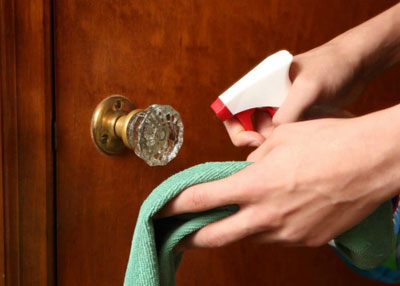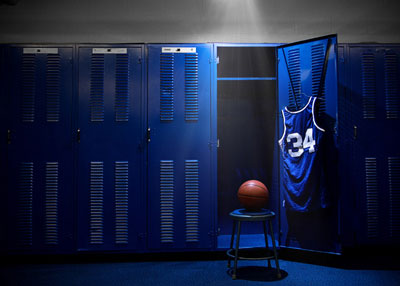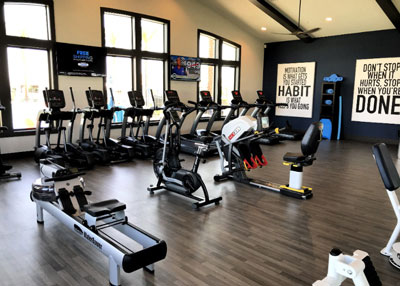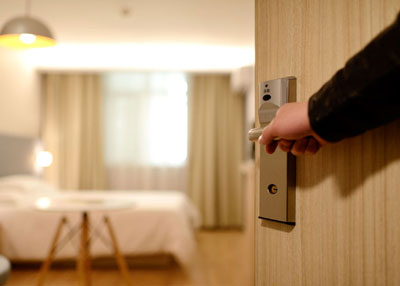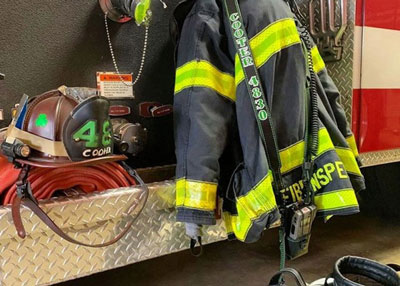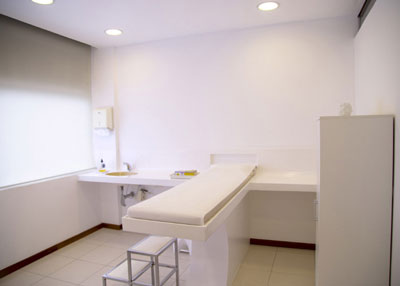High school and college athletes share more than a desire to play hard and win big—they’re unknowingly sharing germs that cause infections and viruses. Some of these illnesses can force players out of the game at best and be life threatening at worst. This is why using an antibacterial spray for sports equipment like Clear Gear is so essential.
In an effort to reduce, prevent, and manage infectious outbreaks for student athletes, the American Academy of Pediatrics (AAP) this week recently released new guidelines for parents, coaches, and athletes involved in high school and collegiate level organized sports. The new guidelines help reduce students’ risks of playing sports as it relates to infections. They are:
- Teach student athletes proper personal hygiene, including proper laundering of uniforms and avoiding sharing of drinks or personal products, such as razors.
- Develop a plan for cleaning and maintenance of sporting environment using guidelines such as those published by the American College of Sports Medicine.
- Pay special attention to proper management of blood and other bodily fluids, just as hospitals have concentrated on preventing hospital-associated infections.
- Routinely screen athletes during practices and before and after competitions
These guidelines come on the heels of several infectious outbreaks at schools across the United States. Impetigo—a common type of staph infection—among several players in a Phoenix, AZ, school caused postponement of their football season opener game last August. At the University of Hawaii, a player who contracted MRSA last spring missed the season as he recovered and was unable to walk without the use of a walker. A high school in Keene, NH was forced to postpone a road game due to multiple staph infections on the team. In Huntington, WV, a herpes outbreak sidelined three school teams from competing in a tournament.

Identification
Infectious diseases associated with sports are serious, yet they don’t get as much attention as sprains, breaks, and head injuries. Schools experience an exhaustive range of athlete infections and outbreaks. To protect your players, be aware of the most common types of infections contracted by athletes and know what symptoms to look for. It’s also important to communicate with your child’s pediatrician, who should be performing a thorough sports physical each year. Below are the top six most common infectious diseases in athletes, along with key noticeable symptoms:
- MRSA – Bump or infected area on skin that is often mistaken for a spider bite. Often will be red, painful and/or warm to touch, swollen, draining pus or clear fluid. Is accompanied by a fever.
- Herpes – Blistering sores around the mouth or genitals. Flu-like symptoms also are possible. Herpes also can spread to the eyes, which causes eye pain, discharge, and even blindness.
- Staph – Big, red, painful, pus-filled blister or boil on the skin.
- Ringworm – Red, scaly, itchy, raised patches on skin. May resemble a ring or circular shape. May blister or ooze.
- Impetigo – Red sores that form around the nose and mouth, and eventually ooze and form a yellow-brown crust over.
- Influenza – Also known as the “flu,” and can be identified by high fever, chills, muscle aches, fatigue, cold and congestion symptoms and headache.

Prevention
As important as it is to know how to identify an infection, it is critical to prevent infections and outbreaks among student athletes. We have combined and aligned the best of Clear Gear’s sports equipment and protection tips with the AAP’s new guidelines on preventing infectious diseases among student athletes in organized sports to keep athletes safe.
Daily skin check – Parents and athletes should check over their skin (all areas!) every day to look for any new and questionable marks, spots, lesions or abrasions.
Clean your gear – This sounds like a no-brainer, but how thoroughly are you cleaning your child’s gear, and what are you using to clean it? Student athletes should always be putting on clean gear, with each use (even cleats and shoes!). Students need to have an effective cleaning routine in place using antibacterial spray for sports equipment. Clear Gear is a sports equipment and gear cleaning spray that kills 99.9% of bacteria and viruses in one step, without damaging gear. It’s easy to use (yes, even for high schoolers)—just spray and let dry—and it’s effective at preventing the spread of infections.

Clean yourself – Again, this is basic advice! But it’s all in the method—washing your hands with soap and water briskly for 15 seconds and drying thoroughly afterward is the proper way to clean germs from your hands. Students should shower as soon as they can after practice and games. Instruct them to clean everywhere (yes, even behind the ears) and USE SOAP! If students are using public showers, be sure they wear flip flops or shower shoes and don’t use anyone else’s soap unless it’s a shower gel.

Don’t share – In this case, it’s ok for children to be stingy. Instruct athletes not to share anything, including towels, razors, clothing, water bottles, helmets, shin guards, mouth guards or other protective gear.
Clean school & personal equipment – Investigate how your child’s school locker room and gym equipment is being cleaned. School athletic departments should have a robust cleaning protocol in place to prevent the spread of infection. Equipment should be cleaned after each use. Locker rooms, training rooms, and other facilities should be disinfected after each use. Clear Gear sports gear spray is the go-to cleaning solution for many high school and collegiate level organized sports teams across the United States.

Manage open wounds – If your player has an open wound, sterilize the area with rubbing alcohol. Keep any active or potential infection from spreading by always using dry and sterile bandages, especially during practices and games. With open wounds, players should avoid hot tubs, pools, saunas and steams room as some germs thrive in wet and humid environments and can easily be transmitted. If athletes do partake in those activities, be sure they shower afterward with soap.
Don’t brush it off – If your student athlete has a cut, bruise, or a scrape, pay attention to it and monitor its progress. If you see boils, redness, or rashes start to form, see a doctor as soon as possible for inspection and treatment. Infections like staph can quickly lead to other deadly infections if not treated immediately.
Visit this link to learn how to avoid serious illnesses associated with dirty gear and equipment with an antibacterial spray for sports equipment like Clear Gear.
Learn more about Clear Gear and how pro-athletes use it prevent infection.


